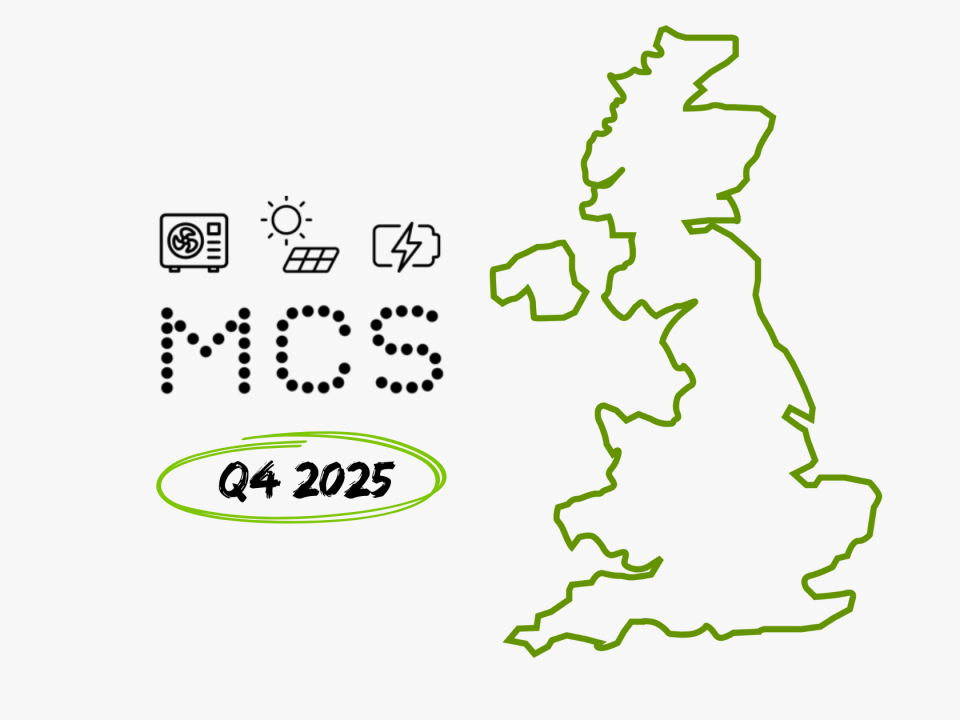
New Record In Solar PV Installations
April 23, 2024
What’s Happening at GRE?
May 8, 2024Introduction:
It has been a very busy start to the year at GRE for HETAS courses, and we have been working hard to ensure all your training needs are met, by increasing course capacity and offering a variety of HETAS courses. There has been a number of factors that has lead to what has been an even busier spring for solid fuel appliances, such as a delay in warmer weather, and the cost of energy prices in the UK remaining high. The expectation from both ourselves and HETAS, is that this uptake in installations will surpass this year, and with there being no intention to ban wood burning stove (as confirmed by HETAS in their April newsletter after communications with the NBGS) there is no reason why this should not be the case. In a previous blog, we spoke about the benefits of solid fuel appliances as alternative energy sources, and these benefits are more prevalent than ever as we march on through Q2. You may have seen some headlines that have said the contrary, but we would like to reiterate HETAS message, which is that installations ‘can still be repaired, serviced, and swept as normal’ (…) and ‘new stoves can continue to be installed in properties constructed before April 2024.’
Our trainer Keith (who many of you may know) is committed to providing the highest standard of training for solid fuel appliances, and we pride ourself on offering one of the most varied choice of HETAS courses in the UK. In the following section of this blog, we revisit some of the benefits of solid fuel appliances as an alternative to conventional heating, and why (if you are not already) you should consider becoming a HETAS registered installer. The first two areas (technicality and performance) relates to the often cheaper cost of heating a room through the appliances, as well as the fact that the appliances can burn different types of fuel. The aesthetic benefit is what differentiates the appliance form other heating systems, and is why getting involved in the industry can be so lucrative. Customers don’t just install the appliances for their technical, or performance based benefits, but because they add a certain aesthetic and ambiance to the home, one that cant be achieved with other methods of heating. Therefore, this can be used to market them
Revisiting The Benefits:
Solid fuel appliances have many benefits relating to the cost of heating, and ability to burn a multitude of fuel types. However, perhaps the most notable benefit is the appliances aesthetic. This means the appliance has a USP (Unique Selling Point) in comparison to other heating alternatives, which makes them easier for you to market and sell to the consumer. It is important to note that the appliance is chosen equally for its aesthetic and the ambiance it brings to the home, as much as it is for its technical/performance based benefits. Understanding this can help you target to right demographic, and market the appliances appropriately, which will lead to more work for you as an installer.
Different HETAS Routes:
At GRE, we have two distinct routes to become a HETAS registered installer, the ‘experienced’ and ‘non-experienced’ route. The former is for those who meet the entry requirements for the H003DS Solid Fuel Appliance Installer Course, which subsequently opens the doors for the H006, H010 course and H004 with the additional pre requisites listed. The other route is to take the H001+ course (which requires no previous experience) which allows you to complete the H001, H003DS and H006 in 5 days or training. This, similarly to the route above, allows you to progress to other courses should you need them, but most importantly allows you to register with HETAS for each individual unit.
To find out which is best for you, click here or call us to discuss which is the most suitable route for you.
To read the full April HETAS newsletter, click here.




